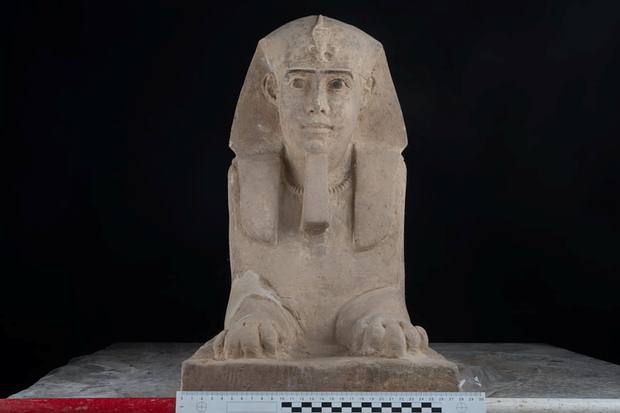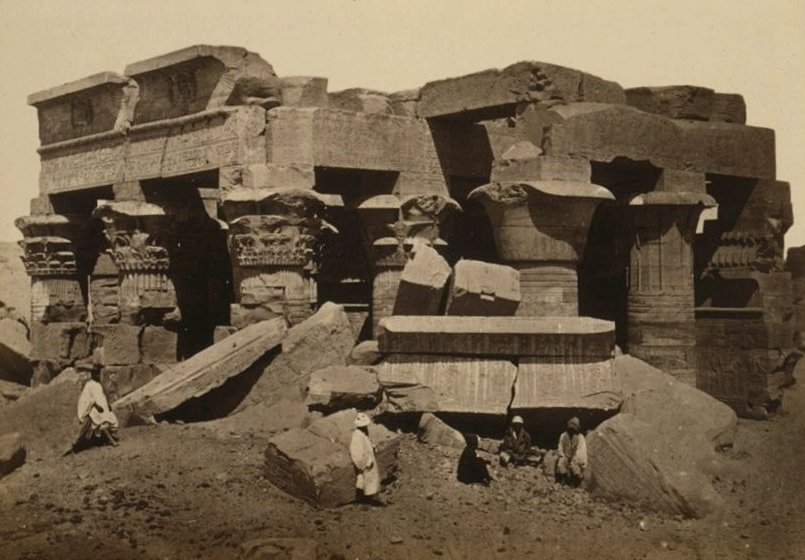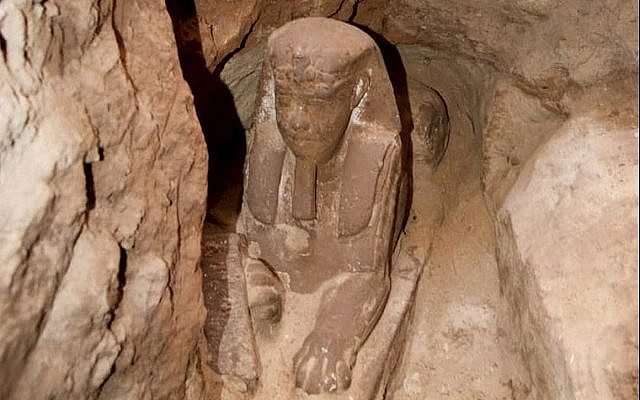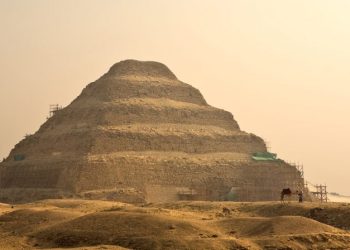Unearthing a New Sphinx: A Glimpse into Egypt’s Mysterious Past
Egypt, a land shrouded in mystery, holds secrets from thousands of years ago, many still hidden beneath its golden sands. A recent discovery near the Kom Ombo Temple, close to Aswan, has shed light on another ancient monument – a Sphinx statue.
Sphinx Statue Uncovered Near Aswan
The Egyptian Ministry of Antiquities reported that the Sphinx was found as archaeologists prepared the terrain for a groundwater reduction project. Though not as captivating as the Great Sphinx of Giza, the statue holds significance, as few Sphinx statues exist in Egypt.
The newly discovered Sphinx likely dates back to the Ptolemaic dynasty, a period known for its rich history and cultural influence.

Aswan: Ancient City of Swenet
Aswan, or the ancient city of Swenet, was once the southern frontier of Ancient Egypt. The name Swenett is believed to be derived from the deity of the same name, later identified as Ilitia by the Greeks and Ilithya by the Romans during Egypt’s occupation.
The Egyptian name of the city appears in numerous monuments and texts, such as the Book of the Dead and the Turin Papyrus. Aswan is also home to a massive stone quarry renowned for its granitic rock called Syenite. This stone was used to create colossal statues, obelisks, and even pyramids.

The Legacy of the Ptolemaic Dynasty
The Ptolemaic Dynasty ruled Egypt for 275 years, from 305 to 30 BC, and was the last dynasty of ancient Egypt. The Kom Ombo Temple, where the buried Sphinx was found, was constructed during the Ptolemaic Dynasty’s reign.
Archaeologists discovered the Sphinx statue in the temple’s southeastern part, along with two sandstone reliefs belonging to King Ptolemy V. This latest find offers a unique opportunity to delve deeper into the mysteries of Egypt’s past and the Ptolemaic Dynasty’s influence on the region.
The continuous exploration of Egypt’s ancient sites helps to unlock the secrets of its enigmatic history, offering new insights into the civilization that once thrived there. With each discovery, the world gains a greater understanding of the culture, art, and beliefs that shaped Egypt and the world as we know it today.
PLEASE READ: Have something to add? Visit Curiosmos on Facebook. Join the discussion in our mobile Telegram group. Also, follow us on Google News. Interesting in history, mysteries, and more? Visit Ancient Library’s Telegram group and become part of an exclusive group.











